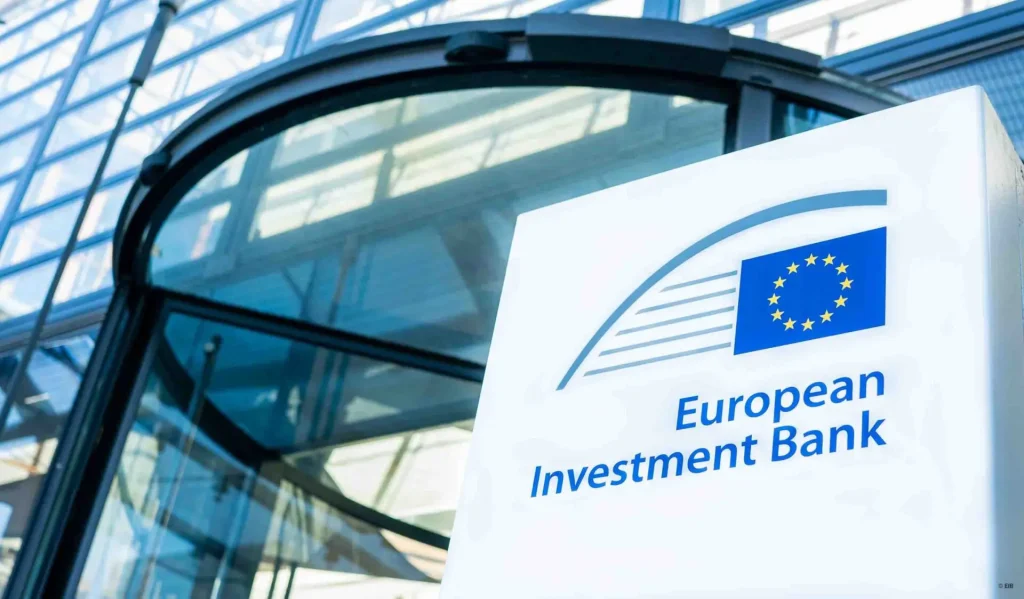€1 billion two-phase financing program, with €500 million now signed, to modernize France’s public electricity grid.
Funding targets climate resilience and faster integration of decentralized renewable energy.
Aligned with EU Green Deal and REPowerEU objectives, reinforcing Europe’s energy independence and decarbonization.
Paris and Luxembourg: Europe’s Energy Transition Gains Grid Backbone
EDF and the European Investment Bank (EIB) have formalized a €500 million ($540 million) loan agreement to strengthen and modernize France’s electricity distribution network, managed by Enedis. The facility is the first half of a €1 billion program running through 2025, aimed at climate-proofing the grid and accommodating a surge of decentralized renewable projects.
EDF, which holds a majority stake in Enedis, said the financing marks a decisive step in ensuring the network can both withstand climate stresses and integrate renewable power at scale. The second tranche, also worth €500 million, is scheduled for signature in July 2025.
Grid Resilience as a Climate and Security Imperative
Europe’s energy system is being reshaped by both climate risk and geopolitics. The EIB has made grid financing a central pillar of its support for the European Green Deal, REPowerEU, and the bloc’s 2030 and 2050 climate targets. These frameworks prioritize resilient electricity networks capable of connecting renewable generation, reducing emissions, and insulating the EU from volatile external energy supplies.
“In 2024, 40% of investments in Europe to finance energy networks, interconnections, and storage were mobilized by the EIB,” said Ambroise Fayolle, EIB Vice-President. “The financing for Enedis is fully aligned with this dynamic. We are pleased to continue supporting EDF with this total financing of €1 billion to modernize the network and make it more resilient to the impacts of climate change.”

EDF Chairman and CEO Bernard Fontana called the agreement “an important milestone” in Enedis’ public service mission, stressing that network resilience and renewable integration are both central to meeting France’s decarbonization goals.
RELATED ARTICLE: Allianz Global Investors, EIB Raise $491 Million for Emerging Markets Climate Fund
Financing Details and Policy Alignment
The two-phase financing structure was designed to match Enedis’ capital expenditure needs across 2024 and 2025. Beyond climate adaptation measures, the funds will be deployed to upgrade digital infrastructure, improve fault detection, and accelerate the connection of distributed solar, wind, and storage facilities.
The investment aligns with EU-wide efforts to cut greenhouse gas emissions by at least 55% by 2030 compared to 1990 levels and achieve climate neutrality by mid-century. Large-scale electrification, backed by agile grids, is seen as the enabling infrastructure for decarbonization across transport, industry, and housing.
Implications for Investors and Energy Leaders
For investors and C-suite leaders, the deal highlights the scale of capital deployment required to maintain grid stability in a climate-stressed, renewables-heavy energy system. The EIB’s central role signals strong EU-level backing for projects that combine resilience, decarbonization, and energy security.
France’s model could serve as a blueprint for other EU member states balancing rising electrification demand with mounting physical risks from extreme weather. With decentralized renewables increasingly displacing centralized generation, utilities and regulators will face pressure to prioritize flexible grid infrastructure that can handle bidirectional power flows, localized surpluses, and rapid recovery from climate events.
A Continental Shift
The EDF-EIB agreement is more than a national financing deal. It reflects Europe’s strategic pivot to secure sovereignty over its energy future while decarbonizing at pace. By tying climate adaptation directly to renewables integration, France is advancing a model that aligns local resilience with EU-wide objectives.
As the second tranche approaches in 2025, Europe’s investors, regulators, and energy executives will be watching how Enedis deploys this capital to deliver a grid capable of underpinning the bloc’s transition. What happens in France will reverberate across a continent where electrification and climate resilience are now inseparable.
Follow ESG News on LinkedIn

